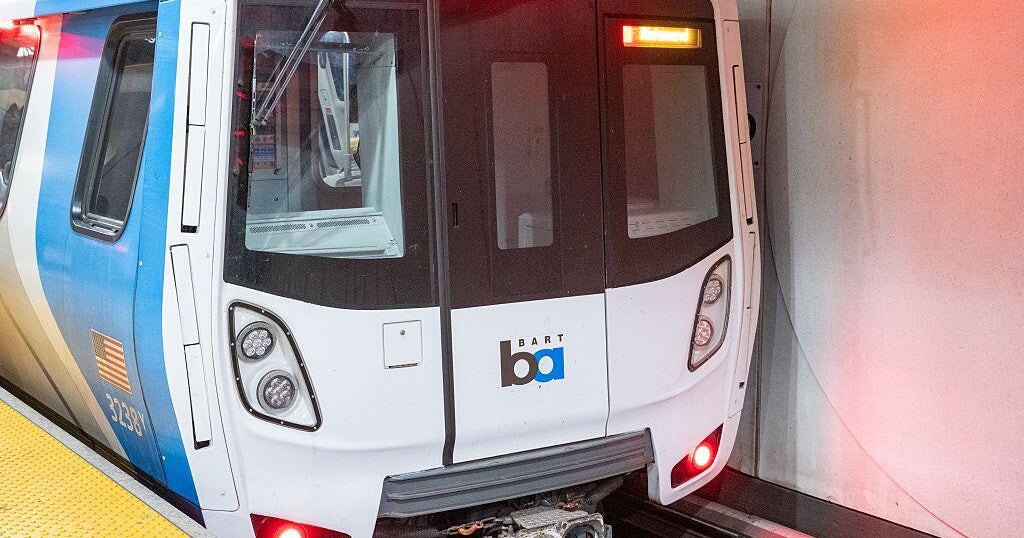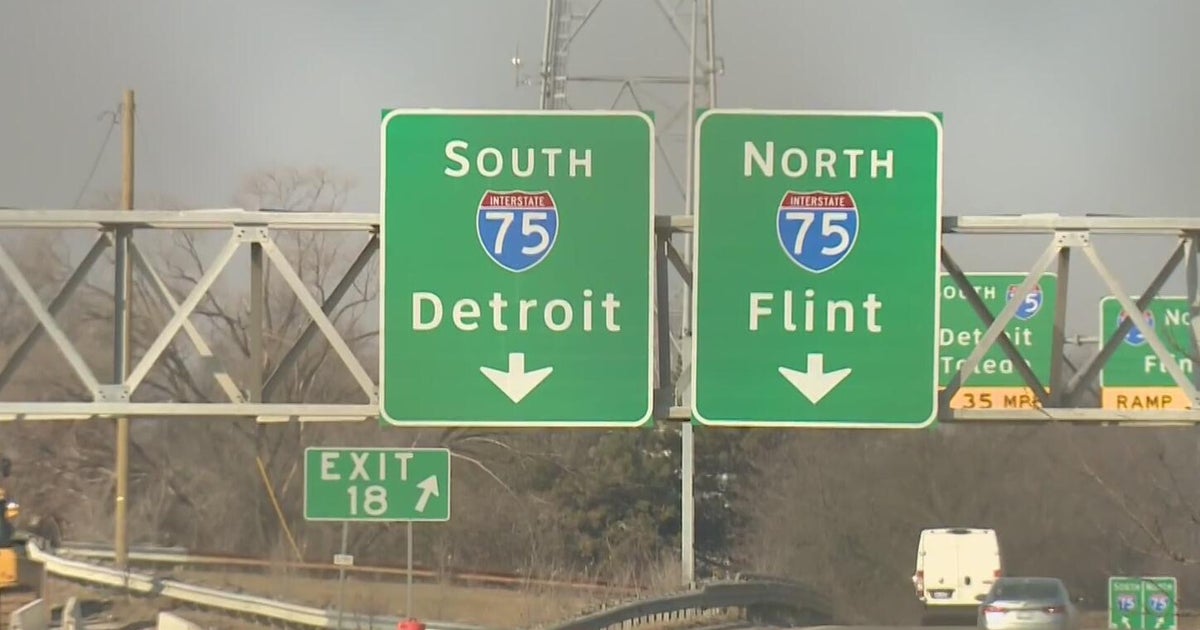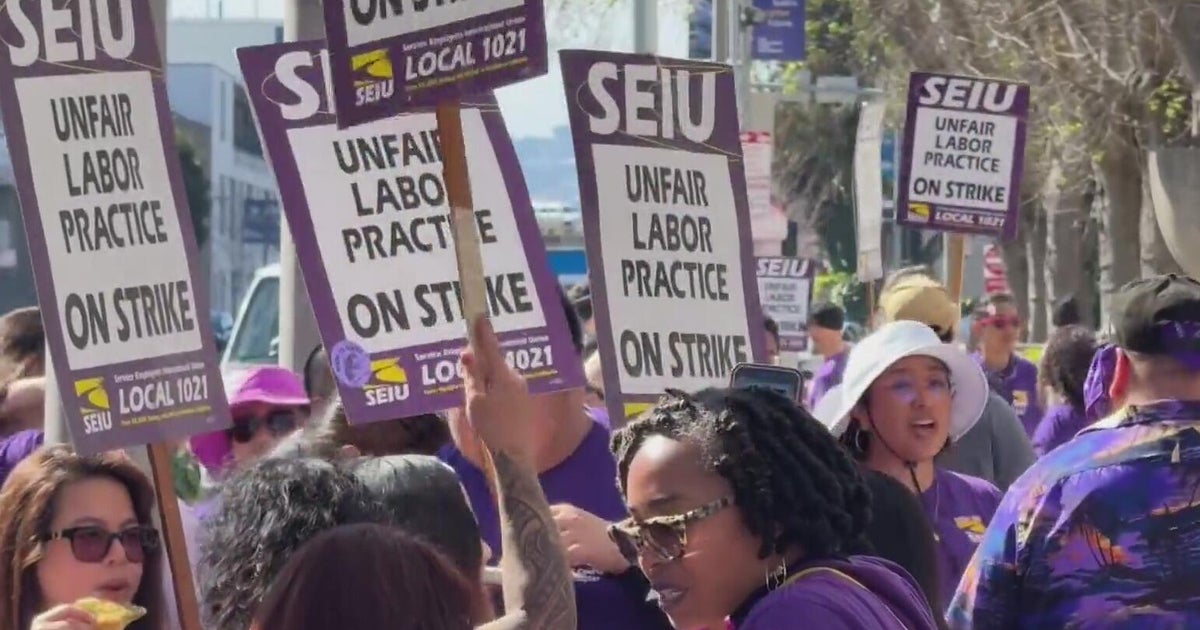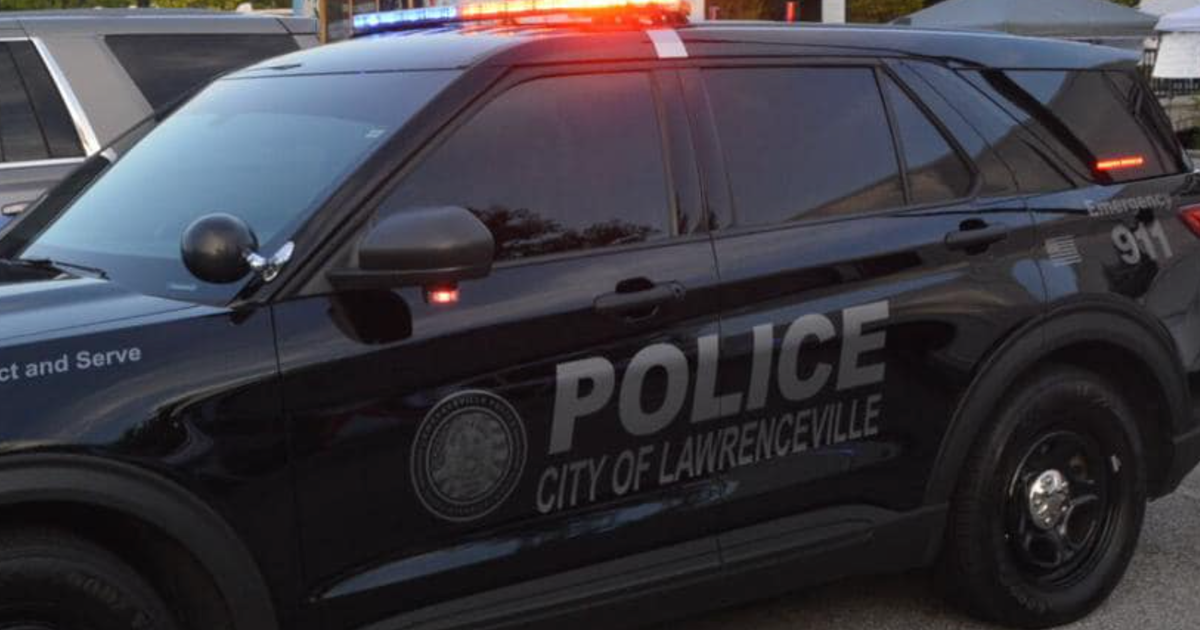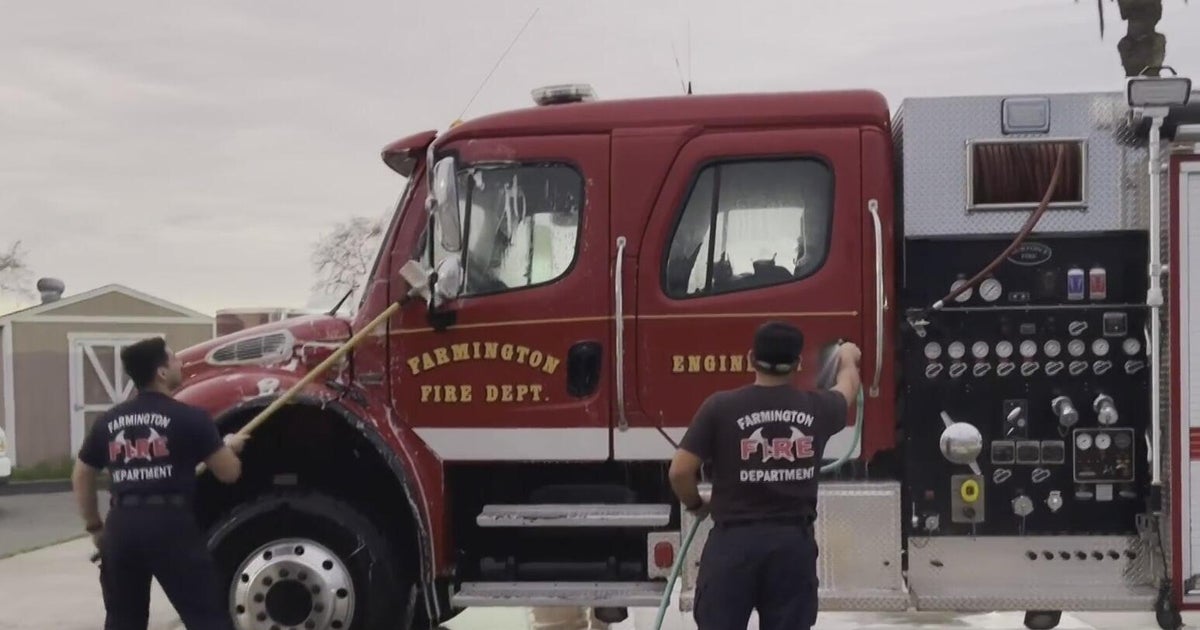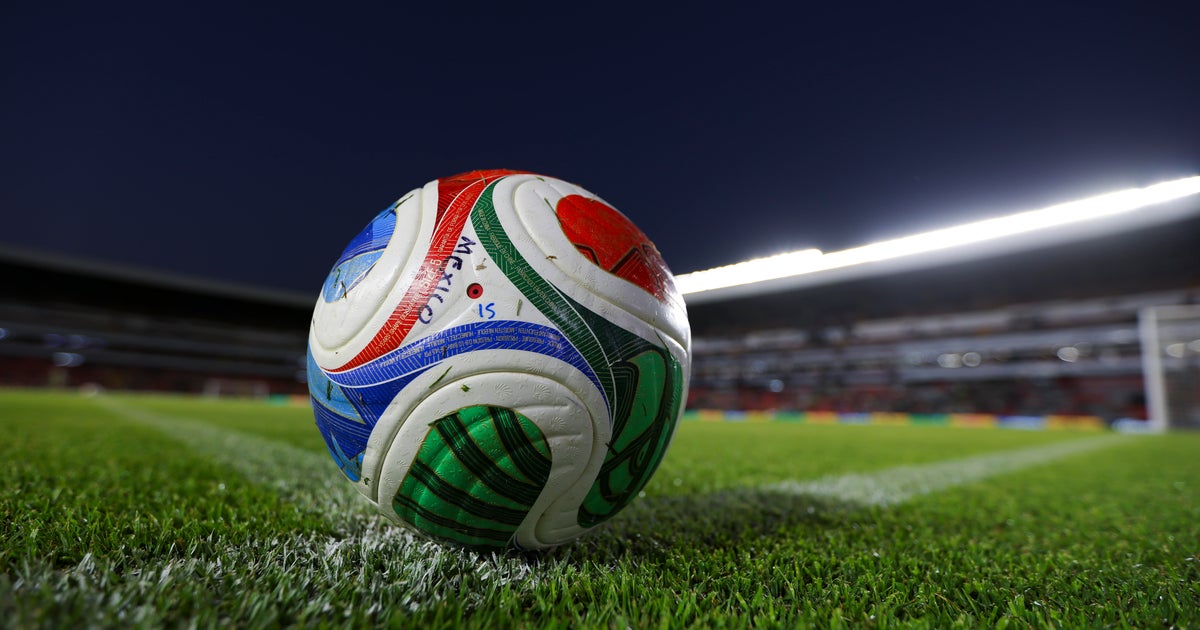San Francisco Seeks Funding For Autonomous Vehicle, Smart Transportation Network
WASHINGTON, DC (CBS SF) -- San Francisco Mayor Ed Lee, and mayors from six other U.S. cities, on Thursday vied for a chance to become the country's first city to fully integrate self-driving cars, connected vehicles, and smart sensors into their transportation network and receive federal and private funding to do so.
The U.S. Department of Transportation's Smart City Challenge places an emphasis on eliminating or greatly reducing congestion, traffic fatalities and carbon emissions. Driverless cars play a big part of the vision.
In the mayor's pitch to the Department of Transportation in Washington, DC on Thursday, he said 12 companies are currently testing autonomous vehicles in the Bay Area.
The challenge aims to inspire, and incentivize, American cities into fixing their aging infrastructure and making their roadways more bicycle and pedestrian-friendly.
The winning city of challenge the will receive up to $40 million in funding to connect transportation assets into an interactive network, plus millions more from private U.S. sponsors such as Amazon web services, Microsoft, AT&T, Autodesk as well as Israel-based Mobileye.
Timothy Papandreou, chief innovation officer at the San Francisco Municipal Transportation Agency, said the city may be transportation rich, "but we've got some immense issues and challenges."
He said that in addition to vehicular congestion and a dearth of transportation options for disabled individuals, "too many people are getting hit by cars and they're getting killed."
The SFMTA's Smart City Challenge proposal envisions the city switching from an ownership model, in which public space is dominated by parking, single occupant vehicles and car-centric roads to a model where parking spaces are transformed into parklets and bike lanes. The new model envisions shared, electric, connected and automated vehicles being fully optimized, allowing parking structures to be repurposed as affordable housing.
San Francisco is up against Portland, Kansas City, Columbus, Denver, Austin and Pittsburgh. The winning city will be announced later this month, according to the U.S. Department of Transportation.
If San Francisco is selected, the city plans to roll out a pilot project in a San Francisco neighborhood and then eventually roll out the new technology and infrastructure citywide.
By Hannah Albarazi - Follow her on Twitter: @hannahalbarazi.
